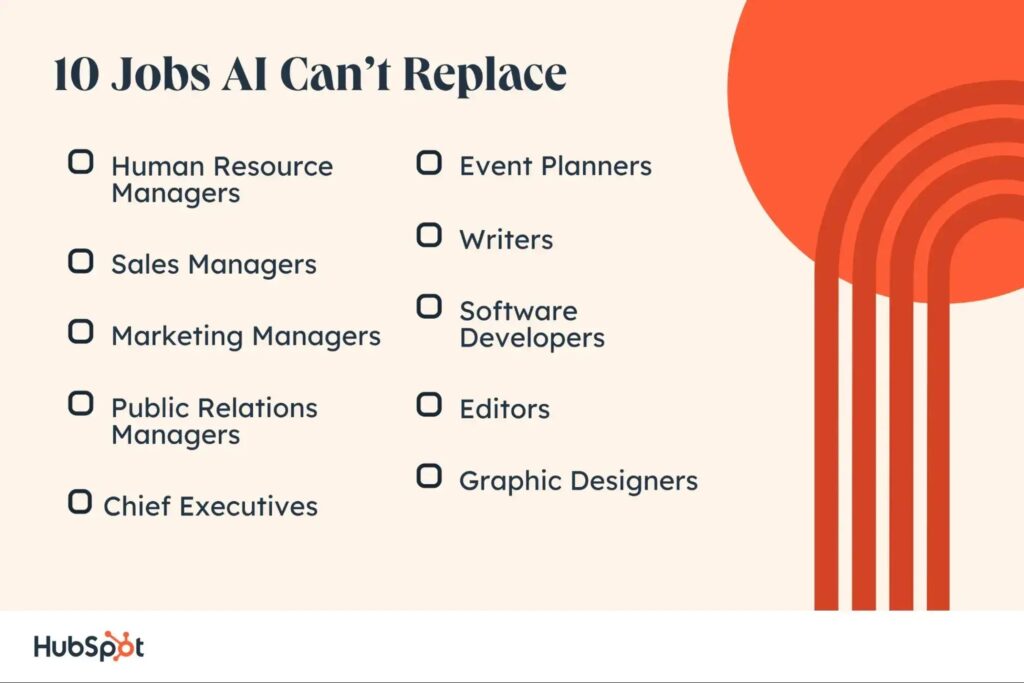AI is driving corporate downsizing: is this a path to efficiency or concentration of power?
A new era of corporate “right-sizing” is dawning, driven by the transformative power of Artificial Intelligence (AI). This shift, aimed at drastically reducing payrolls and headcounts, is raising profound questions about the future of work and the potential for wealth and power to concentrate in the hands of a select few. This leaves a significant portion of the global workforce facing unprecedented job disruption.
Downsizing is happening at an unprecedented rate
Headlines of layoffs in the US tech industry are growing. Across tech and other sectors, major corporations are strategically leveraging AI to streamline operations and reduce overhead costs. Big corps such as Google, Meta, Salesforce, and Workday have all announced significant layoffs, often attributing these shifts to a strategic pivot towards AI and automation.
The rationale they use is clear. AI can handle routine and repetitive tasks with increasing efficiency, freeing human capital for “higher-value” projects, while also offsetting the substantial investments required for developing AI infrastructure.
Shrinking human workforces: first the US, now the UK
However, this downsizing trend is also happening in the UK. BT Group Chief Executive Allison Kirkby indicated that the UK telecoms giant’s ambitious plan is to slash up to 55,000 jobs, including contractors that work via its Openreach business, by 2030. That’s a staggering 42% of its workforce. Yet Kirkby suggested that it may not even represent the full extent of AI’s capabilities.
In an interview, Kirkby suggested there “may be an opportunity for BT to be even smaller by the end of the decade,” as AI automates tasks previously handled by thousands of employees, particularly in customer service and network engineering. These cuts are part of a broader strategy to bolster profit margins and achieve £3 billion in cost savings.
Lessons learned: When humans do a better job than AI
Forecasts from the World Economic Forum and other sources, such as Goldman Sachs, suggest AI could displace hundreds of millions of jobs globally in areas like data entry and administrative tasks, even as new roles emerge. Yet, other higher-paying jobs are also getting slashed in software development, marketing and even human resources, according to a previous report by The Freelance Informer.
For example, AI could displace up to 275,000 private-sector jobs a year in the UK at the peak of its adoption, leading to an overall displacement of between one million and three million jobs by 2050, according to the Tony Blair Institute (TBI). Yet, the Institute also sees opportunities for the UK in the shape of rebooting copyright so the UK can be a global leader in Arts and AI.
However, the rapid push for AI-driven efficiency comes with a growing undercurrent of caution and even regret. Experience shows that simply replacing human workers with AI can backfire. Klarna, the online financial services company, famously deployed an AI assistant that initially replaced 700 customer service agents, only to find itself rehiring human staff due to customer dissatisfaction. Similarly, language learning app Duolingo cut contractors in favour of AI, though its CEO later clarified AI would not replace employees.
A Gartner report highlights this sentiment, finding over half of the surveyed organisations planning significant customer service workforce reductions via AI are now abandoning those plans. These instances show the invaluable, often irreplaceable, nature of human expertise and emotional intelligence in customer interactions and complex problem-solving.
Mass unemployment
However, if we focus on the here and now, downsizing is happening and fast. It is a societal concern headed towards swift and mass unemployment.
If corporations can achieve maximum output with minimal human input, will this lead to a more concentrated distribution of economic power and Treasury revenues, potentially leaving a vast segment of the population struggling to find meaningful work? And a big hole in the Treasury’s purse.
Nevertheless, the trajectory points towards a leaner corporate structure. While many reports argue that AI will create new, more specialised jobs, the reality for many traditional roles appears grim. Not everyone wants to make a career change into data science or cybersecurity, so which human-centric jobs will remain safe in the face of AI?
According to Flori Needle, a Senior Marketing Manager on HubSpot’s Content Research and Innovation team, people who “adapt, stay curious, and keep learning” will thrive:
I’ve often said that the value you bring isn’t in the mechanics of what you do, but in the lived experience you bring to the table. So even if your job shifts due to AI, your best bet is to see AI as a collaborative partner that makes you better at what you do. The more you learn to work with AI, the more irreplaceable you’ll become.
Needle suggests, based on her data-based research, that some of the following jobs should remain safe from being replaced fully by AI, yet other sources disagree:

The challenge arguably lies in finding a solution to this transition. How can industries and governments ensure that the benefits of AI are broadly shared? That societies are equipped to adapt to a future where traditional employment models are increasingly redefined, but at the very least, with enough new jobs to go around.
Check out what large language model providers such as Claude are doing in Europe in terms of new jobs in this video clip below:


